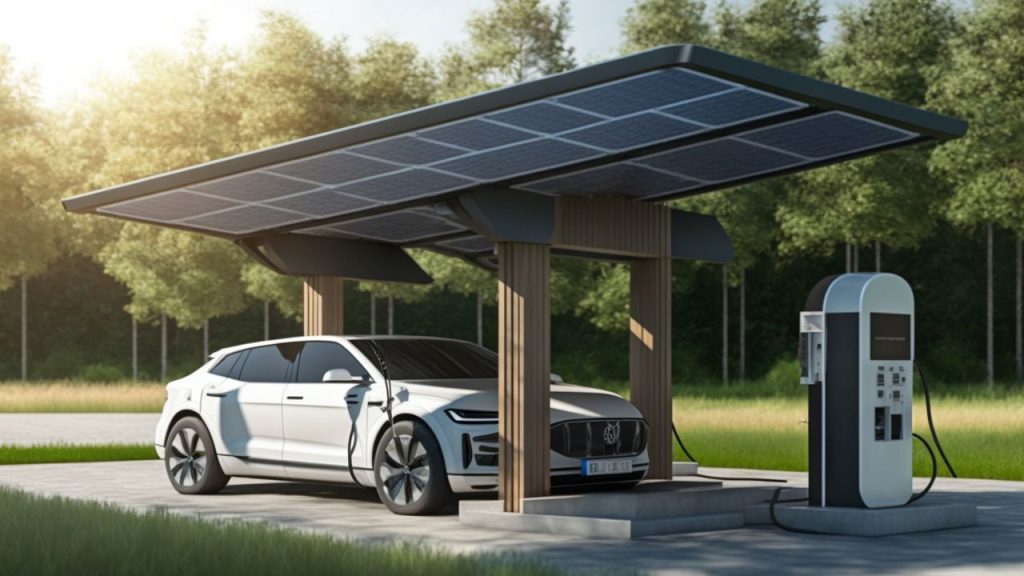EV Charging Platform User Experience: Enhancing Convenience and Efficiency
With the increasing popularity of electric vehicles (EVs), the demand for efficient and convenient charging solutions has grown exponentially. EV charging platforms have emerged as a key component in providing users with a seamless charging experience. These platforms offer a range of features and functionalities, including charging session details, charging history, and mobile app integration, making it easier than ever for EV owners to manage their charging needs.
Charging Platform Session Details
One of the primary advantages of using an EV charging platform is the ability to access real-time charging session details. Users can view information such as the start and end time of a charging session, the amount of energy consumed, and the charging rate. This data allows users to monitor their charging habits, track their energy usage, and plan their charging schedules more effectively.
Additionally, charging platforms often provide notifications and alerts to keep users informed about the progress of their charging sessions. These notifications can be received via email, SMS, or through the mobile app, ensuring that users are always updated on the status of their vehicle’s charging process.
Charging Platform Charging History
Another valuable feature offered by EV charging platforms is the ability to access and analyze charging history. Users can review their past charging sessions, including the duration, energy consumption, and cost associated with each session. This information enables users to gain insights into their charging patterns, identify any anomalies or inefficiencies, and make adjustments to optimize their charging experience.
Charging history data can also be useful for businesses and fleet operators, allowing them to track the charging activities of multiple vehicles and analyze the overall energy consumption and costs. This level of transparency and data-driven decision-making can help organizations streamline their operations and reduce their carbon footprint.
Charging Platform Mobile App
The integration of EV charging platforms with mobile apps has revolutionized the user experience. Mobile apps provide users with a convenient and intuitive interface to manage their charging needs on the go. Through the app, users can locate charging stations, check their availability, and initiate charging sessions remotely.
Mobile apps also offer additional features such as payment integration, allowing users to pay for their charging sessions seamlessly. Users can link their preferred payment methods to the app, eliminating the need for physical cards or cash. This level of convenience enhances the overall user experience and encourages more widespread adoption of electric vehicles.
Furthermore, mobile apps often provide personalized recommendations and notifications based on user preferences and charging history. For example, the app may suggest nearby charging stations based on the user’s location or recommend optimal charging times to take advantage of off-peak electricity rates. These personalized features empower users to make informed decisions and maximize the efficiency of their charging experience.
Conclusion
EV charging platforms have significantly improved the user experience for electric vehicle owners. The ability to access charging session details, review charging history, and manage charging needs through mobile apps has made the process more convenient, efficient, and user-friendly. As the demand for electric vehicles continues to rise, the development and enhancement of EV charging platforms will play a crucial role in supporting the widespread adoption of sustainable transportation.


